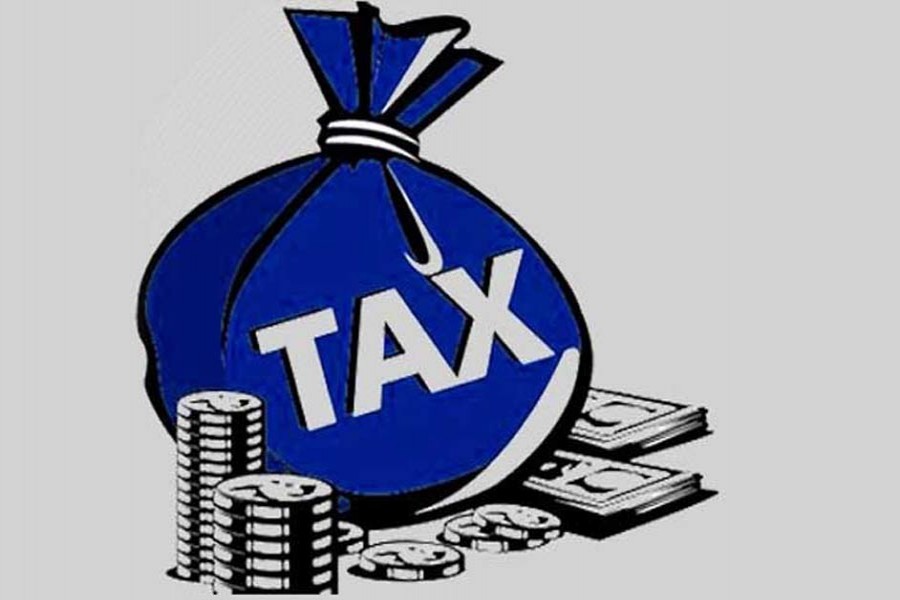There is a general perception that the existing income tax regulations in Bangladesh are British in birth, too much intricate in attitude and cumbersome for enforcement. Though taxation, as an influential instrument for revenue income for the state, was very much there in ancient and medieval India in different forms, the modern tax system as we know it today was first introduced by the British rulers in India. The Indian Mutiny had just exploded in 1857. The British monarchy took over the ruling power of India from the East India Company. The country was in a bad state financially. James Wilson (1805-1860), founder of The Economist, was posted in Calcutta as Member (Finance) in the Viceroy's Council which is equivalent to the position of Finance Minister. Wilson, after taking over his assignment introduced a Bill in the Indian legislature to restructure tariff laws. He also introduced the budgetary system and paper currency. He introduced floating the Income Tax Act in India in his first-ever budget speech for FY 1860-61 on April 07, 1860.
The first general income tax was levied for a period of five years in order to meet the difficulties caused by the mutiny. It was levied, as per the English model, on all incomes above Rs 200 per annum arising from property, professions, trades and offices: at the rate of 2.0 per cent on income between Rs 200 and 500 per annum, and 3.0 per cent on larger income which also bore an additional one per cent to be used for the purpose of local development. One may note with dismay that the basis for income tax calculation was made cumbersome from the start where there remained the scope for applying discretionary power by tax officials leading to harassment and revenue dwindling. The income tax laws and methods of collection were framed and formulated by the British political authorities, who themselves were exempted from tax payment and the responsibility of collecting taxes were assigned to another class of bureaucrats who also got the impression that they would not be liable for paying tax, rather they would share commission for collecting more. So, the regulation and the method of calculation and collection were designed only for imposing on the natives. Unfortunately, this attitude still lingers as a legacy in a democratic society and independent state.
Reforming tax revenue regulations should deserve a very close review of existing rules and regulations one by one, if not word by word in fitting with the present-day demand of social norms and business practices. If these regulations have to be made effectively enforceable, prudently practised, and impartially implemented in a free and democratic environment unlike the past colonial regime, it has to be such a public law framed by the lawmakers who should also be within its jurisdiction. Appropriate ownership has to be established for each item of law at every stage. Rules should not be a tool for applying discretionary power by the enforcement officials, but be applicable for all indiscriminately. Global good practices should not only be incorporated in the reorganised law, it is also needed to take suggestions from the stakeholders.
To be sound, a tax system must be economically efficient, inflicting as little damage as possible on the economy. Every tax system distorts economic decisions and leads to less economic activity than otherwise would occur, resulting in what economists call "deadweight loss." What is more, applying different tax rates to different activities or to different producers exacerbates the distortion of economic decisions and increases the deadweight losses due to the tax system. A sound tax system should be designed to minimise these losses. There should be none to deny the fact that a sound tax system should be logistically economical. It should impose the smallest possible compliance costs on taxpayers, otherwise people will not be encouraged to pay tax, rather they will be inclined to evade tax. Every tax system imposes direct costs on taxpayers in terms of time devoted to tax return preparation or money to buy the services of CPAs (Certified Public Accountants). Ultimately, every tax system diverts a portion of tax revenues raised by the tax to pay the cost of administering and collecting the tax and enforcing its provisions. A sound tax system should minimise these costs.
A nation's tax system is a reflection of its socio-economic and cultural values or the values of those in power. To create a system of taxation, a nation must make choices regarding the distribution of the tax burden-who will pay taxes and how much they will pay-and how the taxes collected will be spent. In democratic nations where the public elects those in charge of establishing the tax system, these choices reflect the type of environment that the public wishes to create. In countries where the public does not have a significant amount of influence over the system of taxation, that system may be more of a reflection on the values of those in power to enact law or to enforce collection.
Dr Muhammad Abdul Mazid is a former Secretary to the Government of Bangladesh and former Chairman, NBR.


